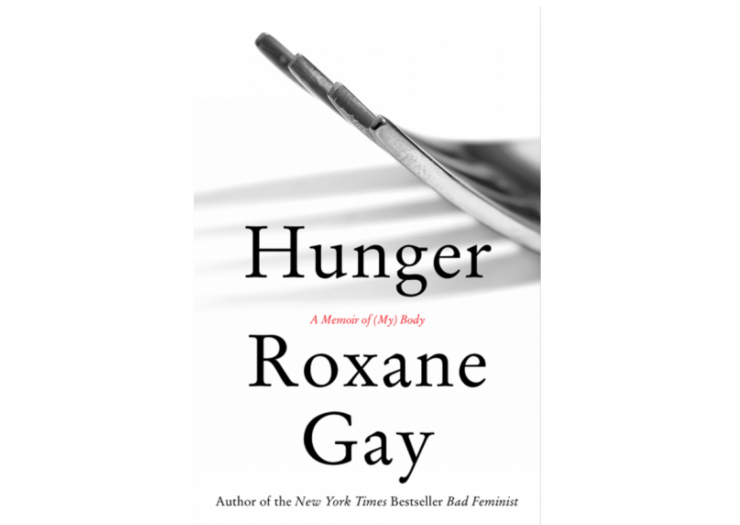
But ultimately it is a story of her own particular body. In fragmentary chapters, Gay meditates on the burden of living with her “unruly body” - a term she adopts for its rebellious spirit - and the daily trials of simply existing in a fat body. Roxane Gay’s new memoir, Hunger: A Memoir of (My) Body serves as a taxonomy of its author’s insatiable desires: for food and sex, kindness and freedom, love and respect. Gay formed her body into a bastion, eating until she felt safe, until her skin stretched and resembled nothing of the girl she once was.


From then on, Gay made herself bigger: She ate herself into an invisibility that could only come from making herself large and undesirable, as she saw herself. The little girl grows up quickly after being brutally gang-raped as a twelve-year-old girl in a cabin in the woods. We first see a young Roxane as the happy girl from a loving, middle-class Haitian-American family. Gay revisits each phase of her life as a large woman, from her lonely years as an overweight adolescent through the unhealthy relationships and eating disorders that shadowed her adulthood. “The story of my life is wanting, hungering for what I cannot have or, perhaps, wanting what I dare not allow myself to have,” Gay writes. It is a book about the human need to consume and be consumed, as well as the pleasure - and pain - that comes from indulging. Roxane Gay’s new memoir, Hunger: A Memoir of (My) Body serves as a taxonomy of its author’s insatiable desires: for food and sex, kindness and freedom, love and respect. She tweets at Coleman: Books that deal with weight loss, even if they talk of appetite, often know nothing of desire. She is from Bombay and lives, of course, in Brooklyn. She tweets at Apoorva Tadepalli is a graduate student of Cultural Reporting and Criticism at NYU.

Natalie Coleman is a writer living in New York.

Gay has written a truly harrowing and unabashed depiction of what it means to live with and within the body we are born into and tasked to understand. I n Hunger, Roxane Gay bares all, writing from her innermost depths to come to grips with the nightmares of her past and how they’ve shaped her present and future. In this edition, Electric Literature contributors Natalie Coleman and Apoorva Tadepalli discuss Roxane Gay’s Hunger: A Memoir of (My) Body. “Double Take” is our literary criticism series wherein two readers tackle a highly-anticipated book’s innermost themes, successes, failures, trappings, and surprises.


 0 kommentar(er)
0 kommentar(er)
